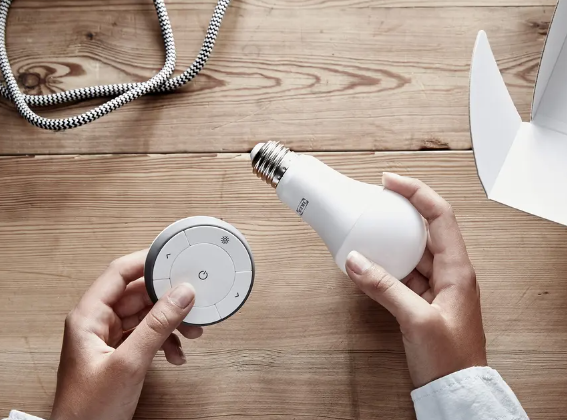Understanding the impact of effective communication can significantly enhance both personal and professional relationships. Whether at home or in the workplace, communicating clearly fosters better understanding and collaboration. This guide explores essential aspects of effective communication and offers practical tips to help you improve your skills.
The Importance of Active Listening
Active listening is a critical component of effective communication. It goes beyond just hearing the words spoken; it involves fully concentrating on the speaker, understanding their message, and responding thoughtfully. By practicing active listening, you show respect and encourage open dialogue. To improve your active listening skills, maintain eye contact, nod occasionally, and avoid interrupting. This creates a supportive environment where others feel valued and understood.
Non-Verbal Communication Matters
Non-verbal communication plays a vital role in conveying messages. Body language, facial expressions, and tone of voice can significantly affect how your words are received. For instance, a warm smile or open posture can make you appear more approachable and trustworthy. Being aware of your own non-verbal cues, as well as those of others, can enhance your understanding and effectiveness in conversations. Pay attention to these signals to ensure that your communication matches your intentions.
Enhancing Clarity and Conciseness
Clarity and conciseness are essential for effective communication. When you express yourself clearly, you reduce the risk of misunderstandings. Using simple language and organizing your thoughts helps convey your message more effectively. Before speaking or writing, consider your audience and what you want to achieve. Focus on the main points and eliminate unnecessary jargon or filler words. Practicing this can improve your overall communication and make your messages more impactful.
In conclusion, enhancing your communication skills can lead to more meaningful interactions and better relationships. By developing active listening, being mindful of non-verbal cues, and ensuring clarity, you can become a more effective communicator. Take the next step to improve your skills, and you may find that your conversations become more enjoyable and productive.

